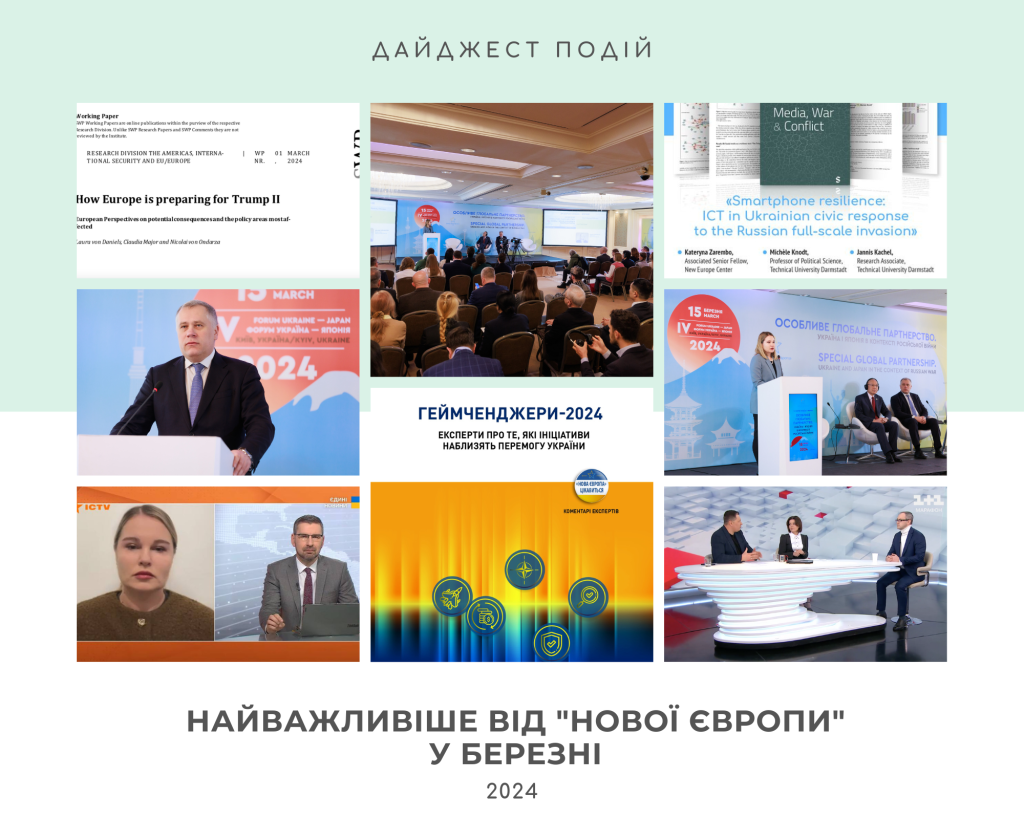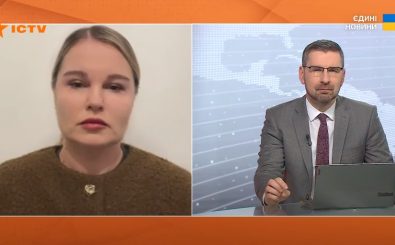We bring to your attention the key messages of the speakers from the Session 3 of the Ukraine-Japan Forum “New start for Ukraine and Japan. How Russia’s war is reshaping bilateral relations between two countries and adjusting their priorities”:
Dr. Okabe Yoshihiko, Professor of Kobe Gakuin University:
Basically, Japanese politicians (members of parliament) support Ukraine by more than 90%. Some politicians may have their own opinion, but most people from the leading party and the opposition have shown their support for Ukraine. But, despite this, many people may wonder – why does Japan not provide military support?
Japanese pacifism has been strong until now. It is because of the defeat of Japan in World War II, and the Japan War in China, and other Asian countries. It might be a difficult statement to understand for some of the Ukrainian people, but it may be easier to know that the Japanese position is the same with the political position of Germany in Europe.
Due to understanding the Japanese aspect of pacifism, I have to tell you two facts. First: even Japanese people, who believe in pacifism, condemn Russian aggression against Ukraine now. Second: it was often argued that before war is wrong, and war itself is evil, and that means that the war must be stopped immediately. However, now the mood and atmosphere in Japan has made a dramatic change since last February. Therefore, even though some people still believe in the concept of pacifism, most of them believe in the victory of Ukraine.
I have to state that we have to emphasize the similarity between Japan and Ukraine. We have one big problem with Russia in common. Japan has a territorial dispute against Russia.
Japan – Russia’s neighbor to the East, and Ukraine, Russia’s neighbor to the West, have a potential for solidarity in the cooperation on the common problem – the territorial issue.
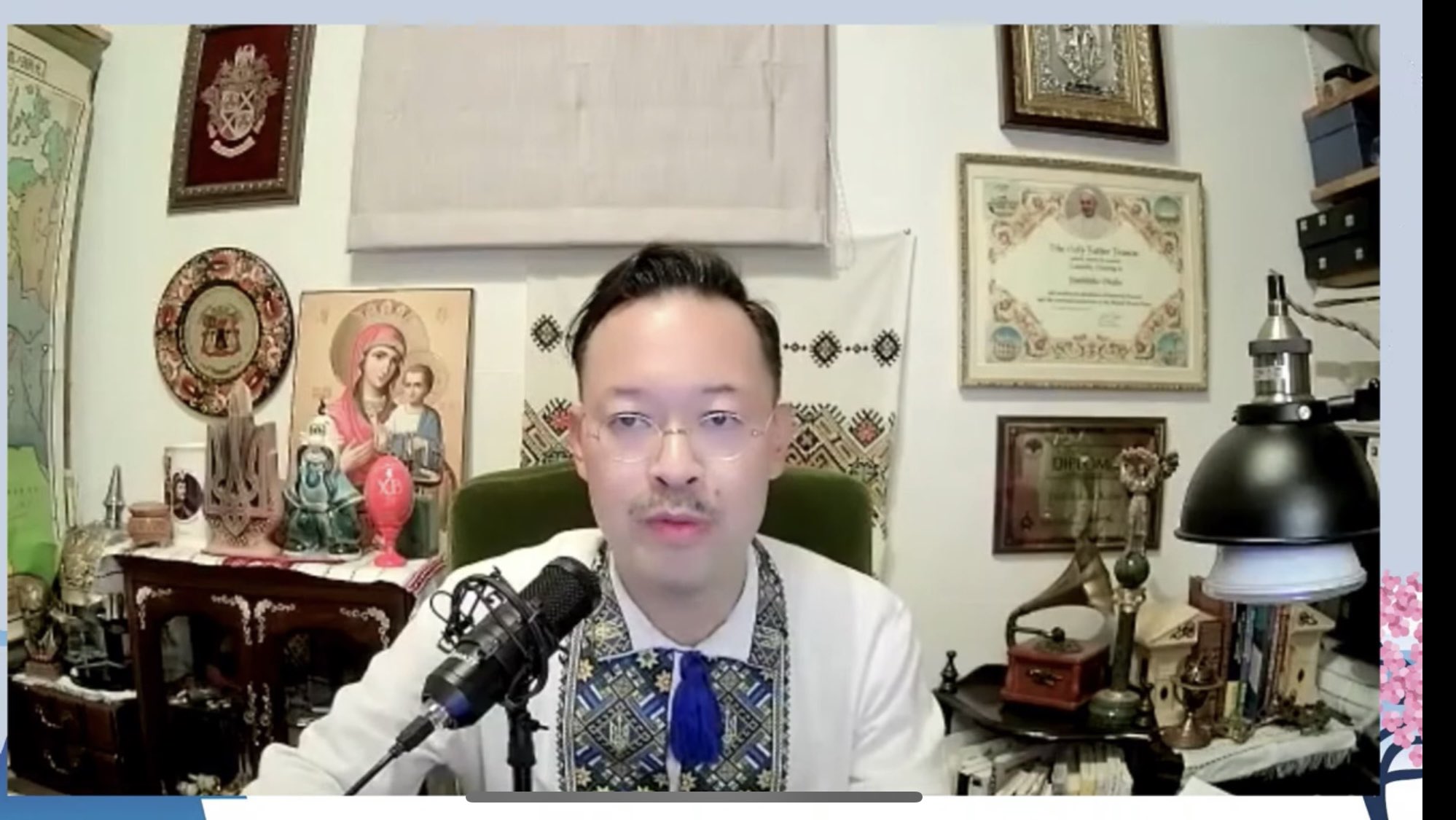
Natalya Butyrska, Expert on East Asia:
Japan is number one in Asia, considering the response to the actions that are taking place right now, but we would like more countries supporting this. If you try to find a country number two, I would consider it to be Taiwan, but they have their own concerns and challenges, and they really feel a need for support.
Japan, just like the other countries of G7, has to concentrate on supporting Ukraine, and supporting international order. The next – the cooperation is the Global South, and I have to claim that Russia’s aggression against Ukraine has sort of withdrawn the attention of many countries from the Southern countries.
China was raging its own economic diplomacy in South America and Africa, it became a bit rooted in these regions. Unfortunately, the European Union and the US didn’t pay much attention to that, and China tries to use this.
Japan can help us a lot in South-Asian countries, for example, Japan has good relations with India. Moreover, it can help us in Central Asia, in the South American region. It’s important that Japan is also using its cooperation with India in its Pacific strategy. In some aspects, Japan would help to gain some support from India.
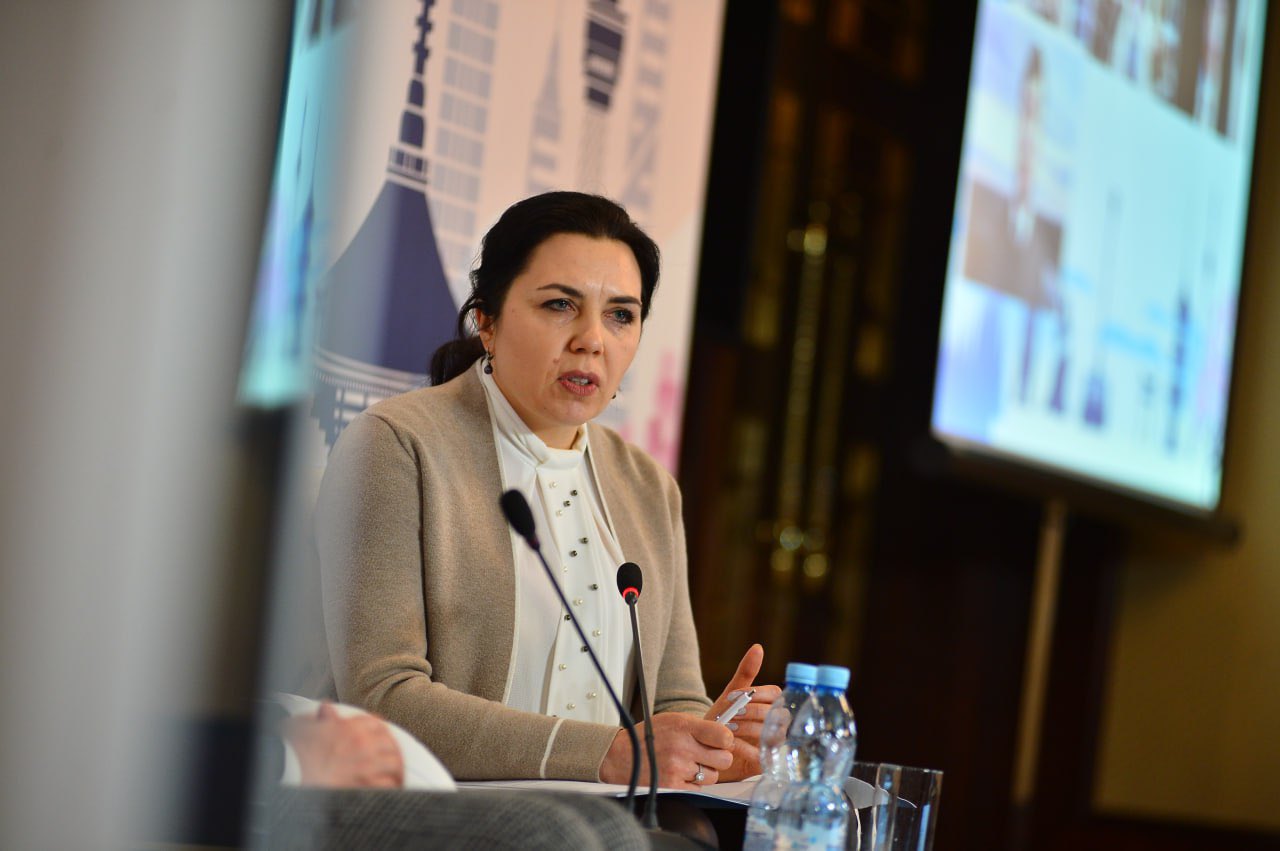
Mykhailyna Skoryk-Shkarivska, Deputy Mayor of Bucha:
When we found ourselves in a difficult situation last November and December, we received a call saying that the Prime Minister of Japan was sending generators, insulation, and heaters. This was direct and timely assistance to Bucha. We are also finishing the demolition of destroyed private houses – a joint project of UNDP and the Government of Japan for mine clearance and rubble removal.
Bucha doesn’t want to be a place of tragedy, a second Chernobyl or Auschwitz, that people only visit because of tragic events. We want to be part of the history of Ukrainian success and reconstruction. And when we talk about Bucha-Japan relations, we are looking for a twin city that can help us with this.
It is in the interests of the municipality to find a partner city and work on the technologization of Bucha. This is a small ordinary city, and we always tell our partners, “Come and try pilot projects in Bucha, and if everything works out, then we can scale it up.” We have the Antonov airport, a need for proper waste management and power plants to revive this region. There is also a need to rebuild the hospital into a mental health rehabilitation center. We have many ideas that can significantly change the region that suffered from the occupation.
I met the Mayor of Dunkirk, which has become a modern city (it is part of the informal network “Cities of Memory”). Hiroshima is also such a city. After that, I realized that the issue of memory is also important for us. It is impossible to make a success story if we do not make a memory story. Therefore, we are sincerely grateful to the people and government of Japan for the support we are receiving now and count on further partnership.
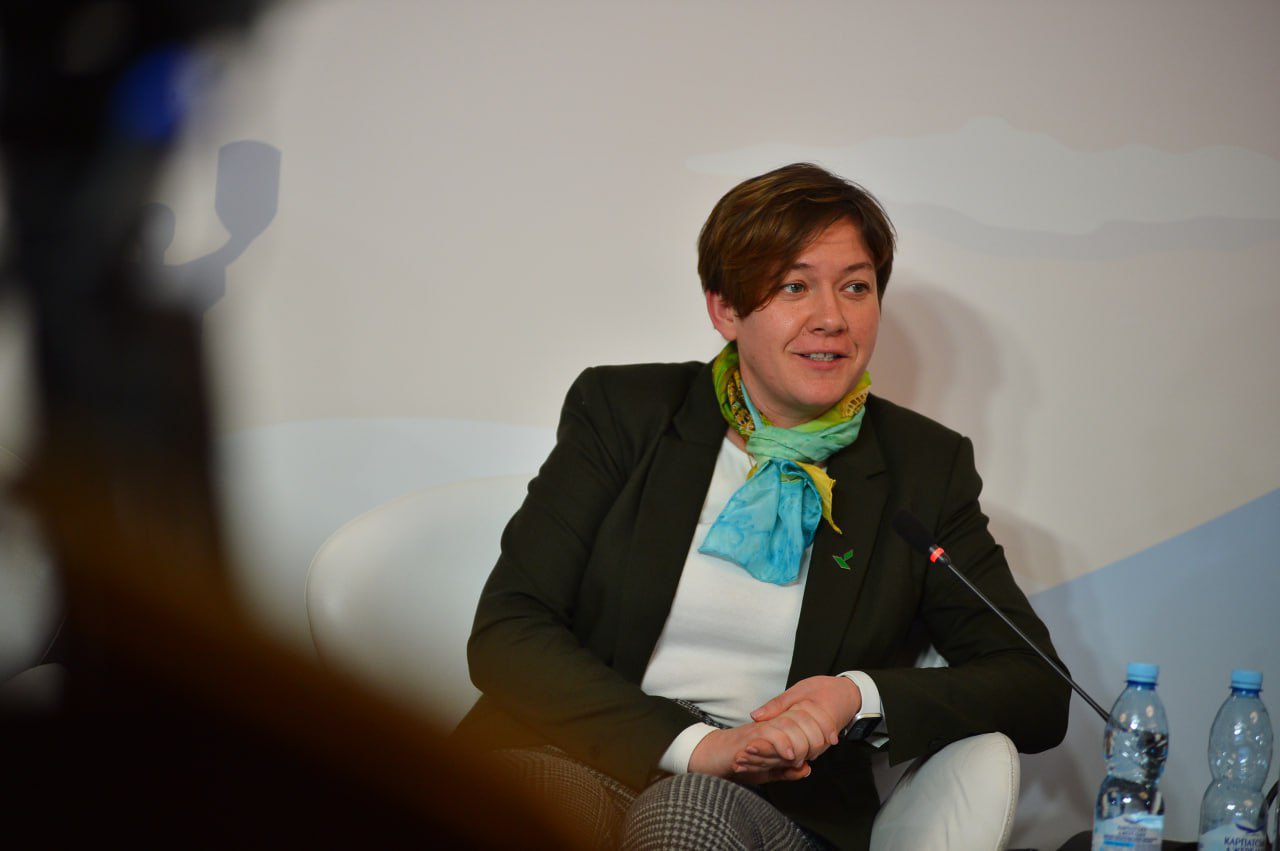
Daisuke Kitade, Senior Analyst at Mitsui&Co.Global Strategies Studies Institute:
Japanese businesses are actively preparing for the reconstruction of Ukraine. Currently, the Ministry of Economy, Trade and Industry of Japan is holding an informal meeting with Japanese businesses, with several hundred representatives of Japanese companies in attendance. Such a large number indicates significant interest by Japanese businesses in the reconstruction processes of Ukraine.
In the short term, the reconstruction of Ukraine is primarily focused on supplying generators and water filtration equipment. In the long term, plans are in place for the reconstruction of factories and infrastructure in Ukraine.
Unfortunately, due to the ongoing conflict, few Japanese businesses are currently willing to go to Ukraine, making it challenging to conduct business, such as supplying equipment or training local personnel.
Where will the funds for reconstruction come from? This will be through bilateral or multilateral aid, grants, credits, and investments. However, investors and partners will not be willing or will be afraid to invest if corruption is present in the country. Ukraine has publicly stated its intention to fight corruption, and I believe this is not just words but a serious commitment.
European integration will be an essential element of Ukraine’s reconstruction. A strong European Ukraine is a magnet for international investment.
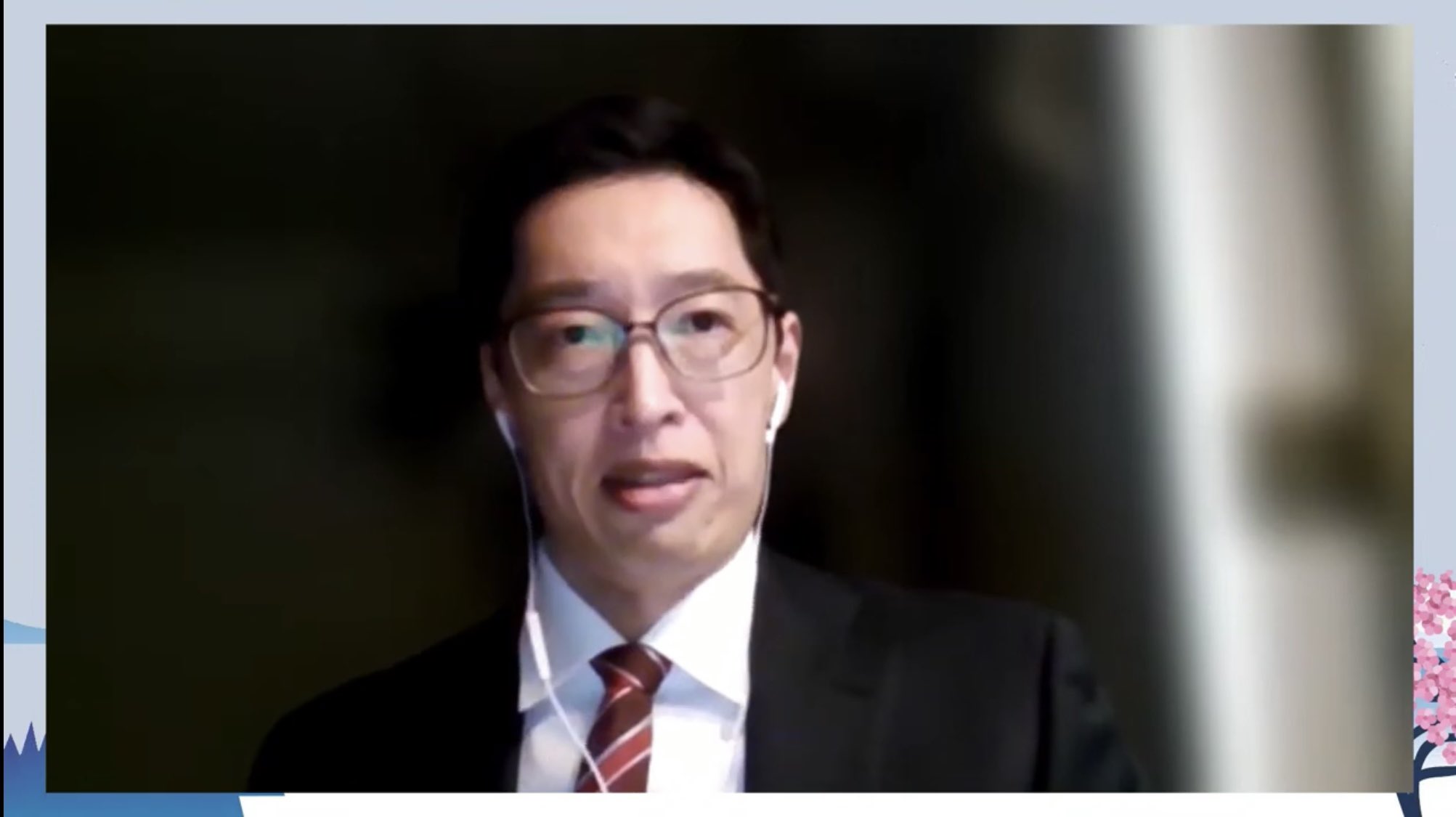
Takashi Hirano, Head of the Japanese Section of Ukrinform:
The attitude of the Japanese towards Russia has changed dramatically. There was no sympathy before, and now it has practically dropped to zero. At the same time, the attitude towards Ukraine at the level of society has changed significantly. It can be said that after 2014, Japan was a partner of Ukraine based on values, and now there is an emotional interest, sympathy, which is reflected at the government level. Therefore, there is enthusiasm, high solidarity, but more work needs to be done.
However, there are also problems – cooperation between Japan and Ukraine is developing not as fast as we expect. I see extraordinary Japanese caution. For example, the late return of the Japanese Embassy to Kyiv, as well as the delay in the arrival of Prime Minister Kishida to the Ukrainian capital. Also, I do not hear about the determination of the Japanese leaders in Ukraine’s victory, they talk more about sympathy and pacifism. This also reflects the Japanese trait. It is necessary to understand the Japanese trait of “strategic patience”, build trust and implement reforms.
Most of the people who understood the intentions of the Kremlin and transferred Russian narratives to the Japanese space, after Russia’s invasion, woke up and recognized past mistakes. But there is a part that still spreads convenient Kremlin theses. At the same time, Japanese media have stopped listening to and inviting such people to their broadcasts. Today, in Japan, the opinions and positions of Ukrainians are heard, and this is the merit of Japanese journalists.
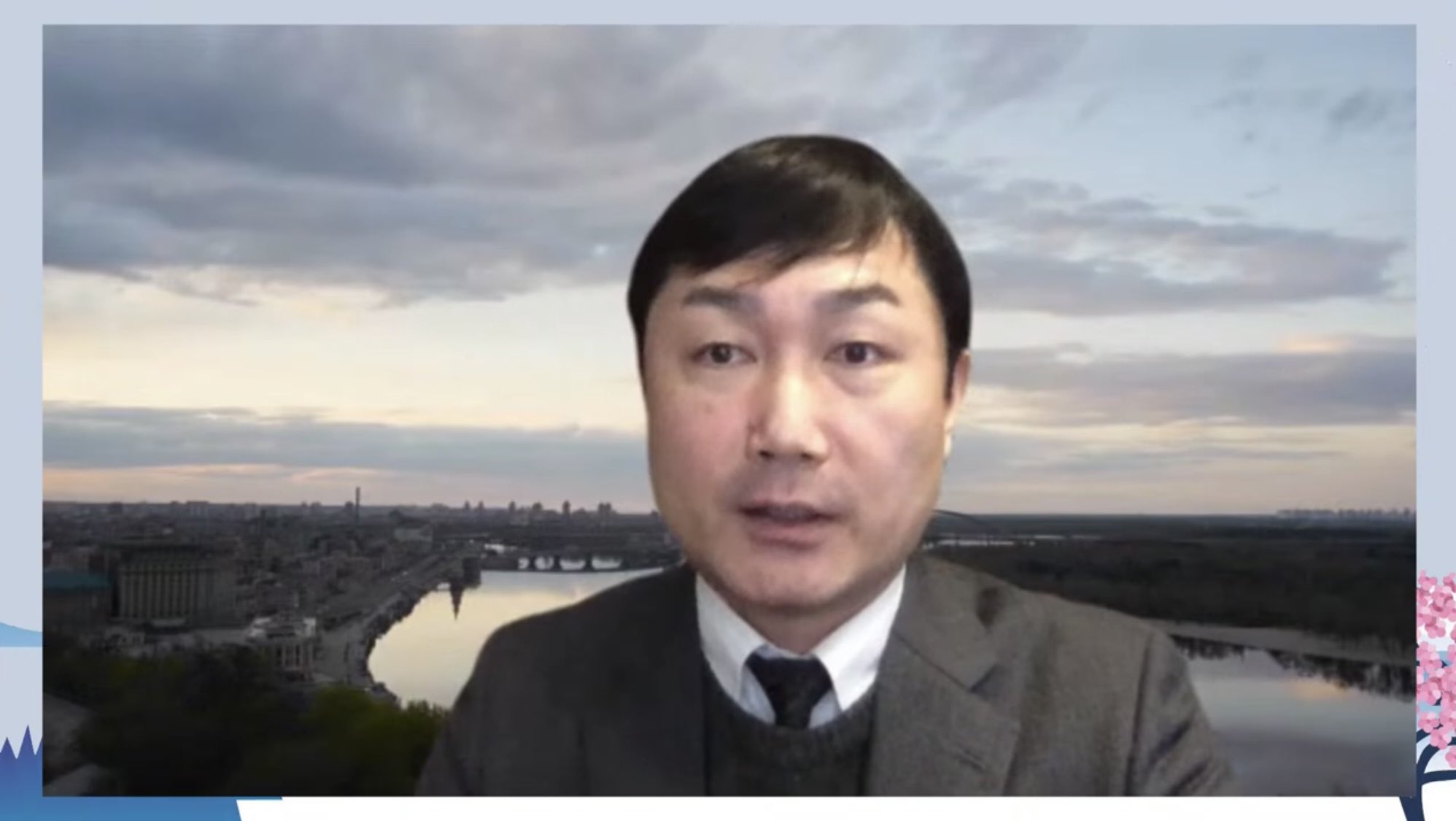
Moderator: Alyona Getmanchuk, Director of the New Europe Center:
Starting in 2014 and up until the moment of the full-scale invasion, Ukrainian-Japanese relations, while appearing fairly good and dynamic, were constrained by two factors:
The first was related to the policy pursued by the government under Prime Minister Shinzo Abe. There were many illusions about finding compromises with Russia regarding the Northern Territories. Abe met with Putin 27 times and tried to solve this issue through diplomatic means. To a certain extent, this was a blow to Japanese policy towards Ukraine.
The second factor was that there were other illusions in Kyiv regarding the need to consider China’s position in our dialogue with Japan, because it was believed that China should restrain Russia in case of its plans for full-scale aggression. A mirror situation occurred, where Japan maintained contacts with Russia to solve the Northern Territories issue and to contain China, while Ukraine supported relations with China to contain Russia.
After the full-scale invasion, Japan lost its illusions about resolving the Northern Territories issue through dialogue with Russia. We also see that the Japanese government has much greater carte blanche to support Ukraine, making it much more extensive and less limited or self-limited than it was from 2014 until the full-scale invasion. In comparison with other G-7 countries, Japan was not a leader in terms of sanctions against Russia. There have also been positive changes in Kyiv, as there are now fewer illusions about China’s role in containing Russia, which has given us the opportunity to better develop a dialogue with Japan.
One of the positive aspects of the relationship with Japan during the war is the relationship at the level of sister cities. This even includes relationships that were declared during Soviet times but were not actually developed (with the exception of the relationship between Kyoto and Kyiv). Today, we see that there are many more connections and initiatives at the city level.
We are very interested in faith in Ukrainian victory. If you believe in Ukrainian victory, you invest much more resources – human or financial – in Ukrainian victory.
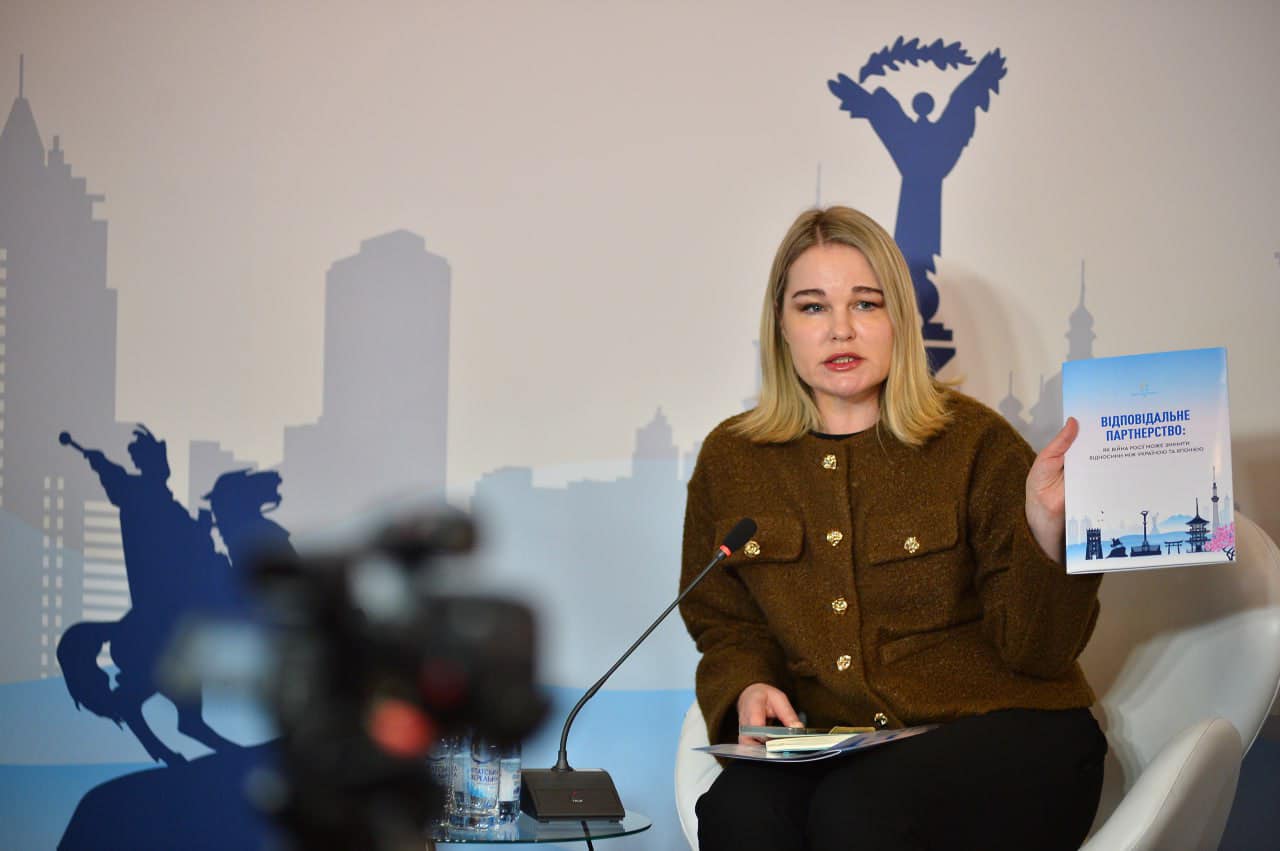
The Third Ukraine-Japan Forum was held on February 28, 2023. During the event, analysts and academics from Japan and Ukraine discussed issues related to the broader security environment in which both countries are operating today, as well as bilateral relations in the context of the ongoing Russian war in Ukraine.
Also, during the Forum, the discussion paper “Responsible Partnership. How Russian war can reshape Ukraine-Japan relations” prepared based on the results of an advocacy visit of the New Europe Center experts to Japan, was presented.
Video recording of the Forum is available in Ukrainian and in English.






